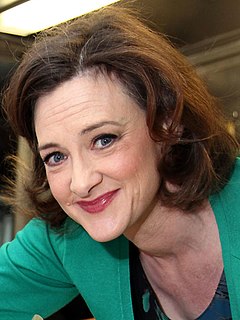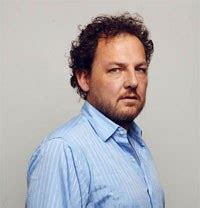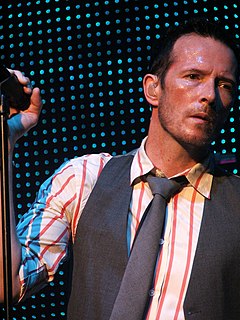A Quote by T.C. Boyle
Work ethic and this determination is all part of escaping the depressive side. Of course I'm manic depressive, maybe not to the degree that Exley was, but I think all writers are. There are highs and lows. Look at David Foster Wallace.
Related Quotes
I knew I was a manic depressive when I was 13 or 14, and I loved it. I always told people what I had, and I was always cresting on a manic wave. I used it, willingly and happily, and it was an extraordinary experience. When I got hit with the depressive side - Boom! - yes, it was horrible and unendurable, but that's part of the story.
I don't think it's very healthy to hold people to idealized views. I think that's a certain stage in life, something kids do. You have to go through that idealistic phase with your parents, but at a certain point, you need to see people as just people. And everyone's pretty similar. I think if you're in the showbusiness, like any high-stakes business, the highs and lows can make you a manic-depressive person, if you weren't that way to start with. 'Cause it's just so crazy on your psyche. A lot of it has to do with people thinking they're greater than someone else.



































